Nurturing Digital Wellbeing: Our PSHE Programme for this Half Term
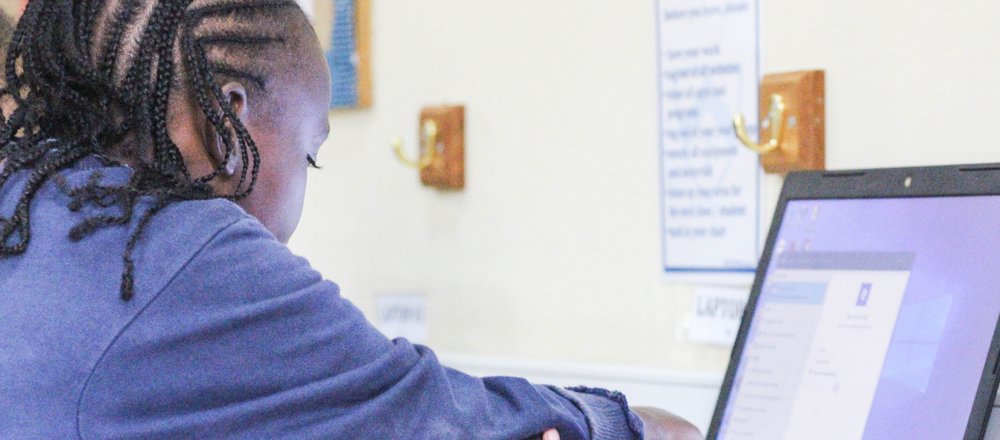
14th September 2023
As we delve into this term's PSHE (Personal, Social and Health Education) programme in Primary, we want to share with you an overview of our focus for the next few weeks: Digital Wellbeing.
In a world increasingly driven by technology, teaching our young learners about digital wellbeing is essential and responsible. The internet offers endless possibilities, and our mission is to equip our students with the skills and knowledge to navigate this digital realm safely and responsibly.
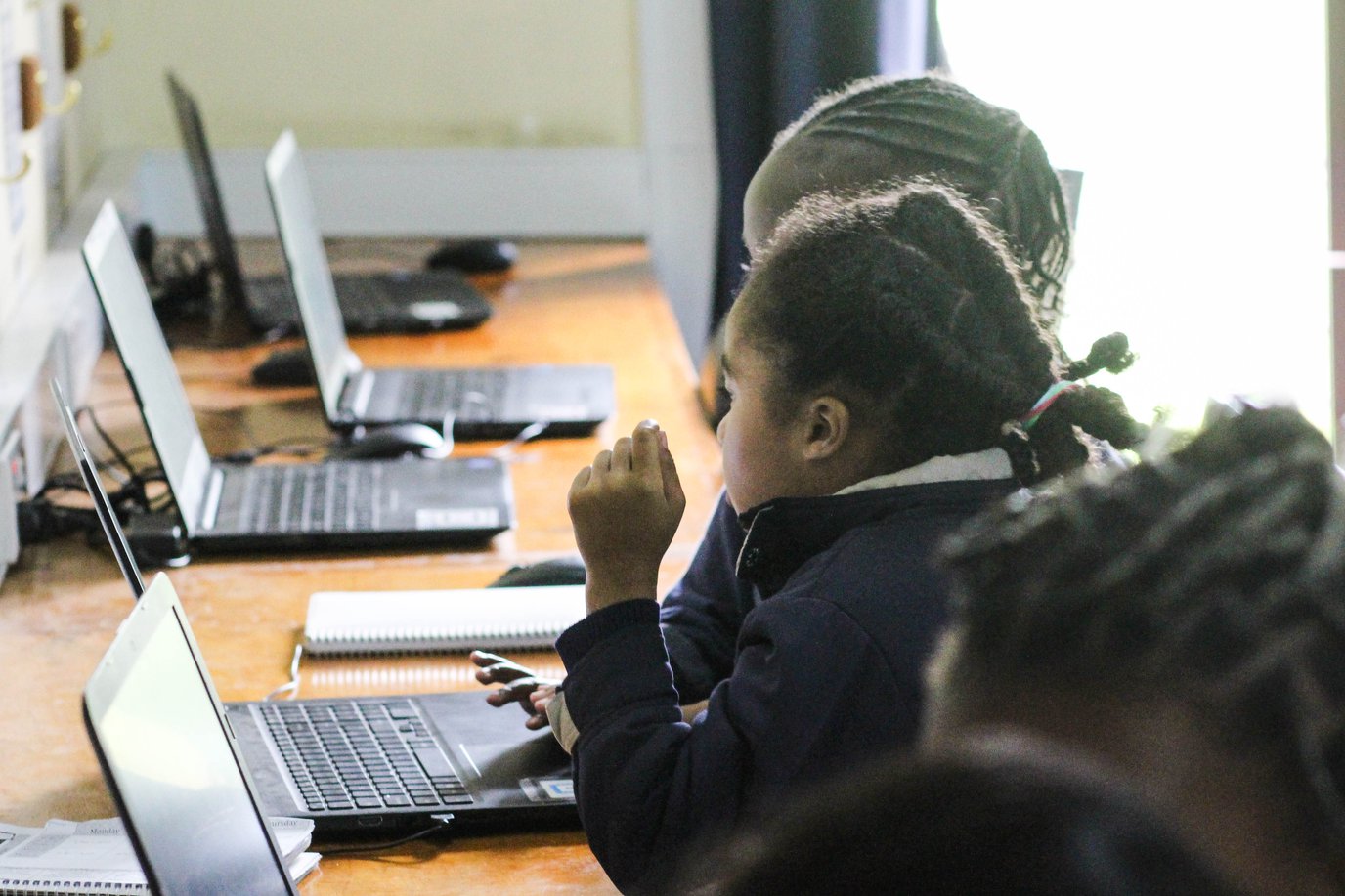
Weekly Themes and Learning Objectives
Here's a breakdown of what each age group will be exploring during this term:
Key Stage 1 (KS1):
- "I can talk about ways in which the Internet is useful."
- We want our young learners to understand the positive aspects of the internet and its practical applications.
- "I know how to balance screen time with other activities and understand why this is important."
- Teaching our students the importance of striking a balance between screen time and other activities fosters a healthy lifestyle.
- "I know how to stay safe online."
- Safety on the internet is paramount, and this objective helps instill the basics of online safety.
- "I can explain why we keep personal information private."
- Understanding the importance of personal data privacy is a foundational digital skill.
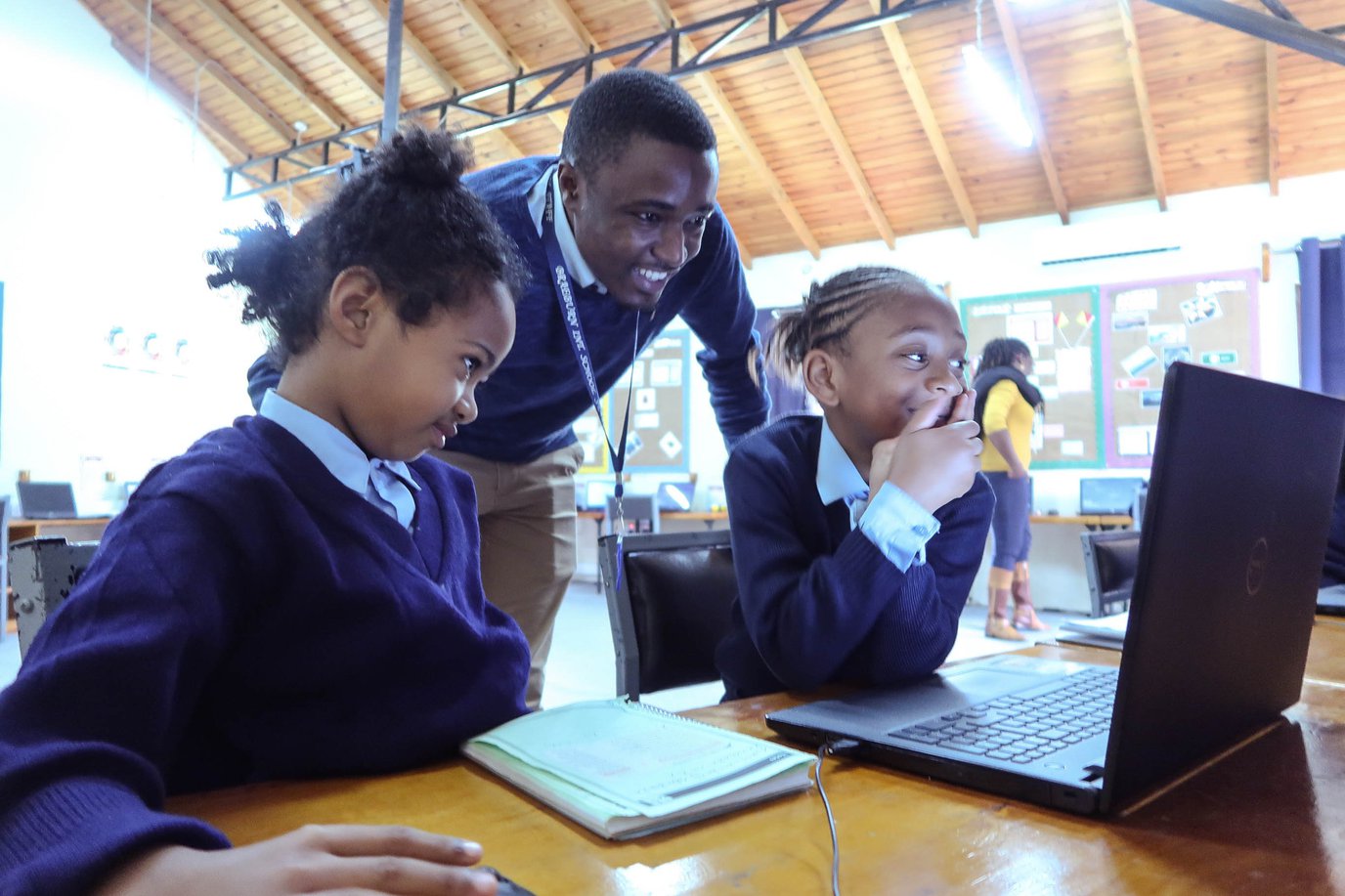
Lower Key Stage 2 (LKS2):
- "I can identify the positives and negatives of being online."
- We aim to help students critically assess the advantages and disadvantages of the online world.
- "I can be kind online and I can help make the Internet a safer place."
- Encouraging kindness and responsible online behaviour contributes to a safer digital environment.
- "I know how to stay safe when communicating online and what to do if I don’t feel safe."
- Building on KS1, we dive deeper into online communication and safety measures.
- "I can decide how reliable online information is and know how to share information responsibly online."
- Equipping students with the skills to discern credible sources and share information responsibly.
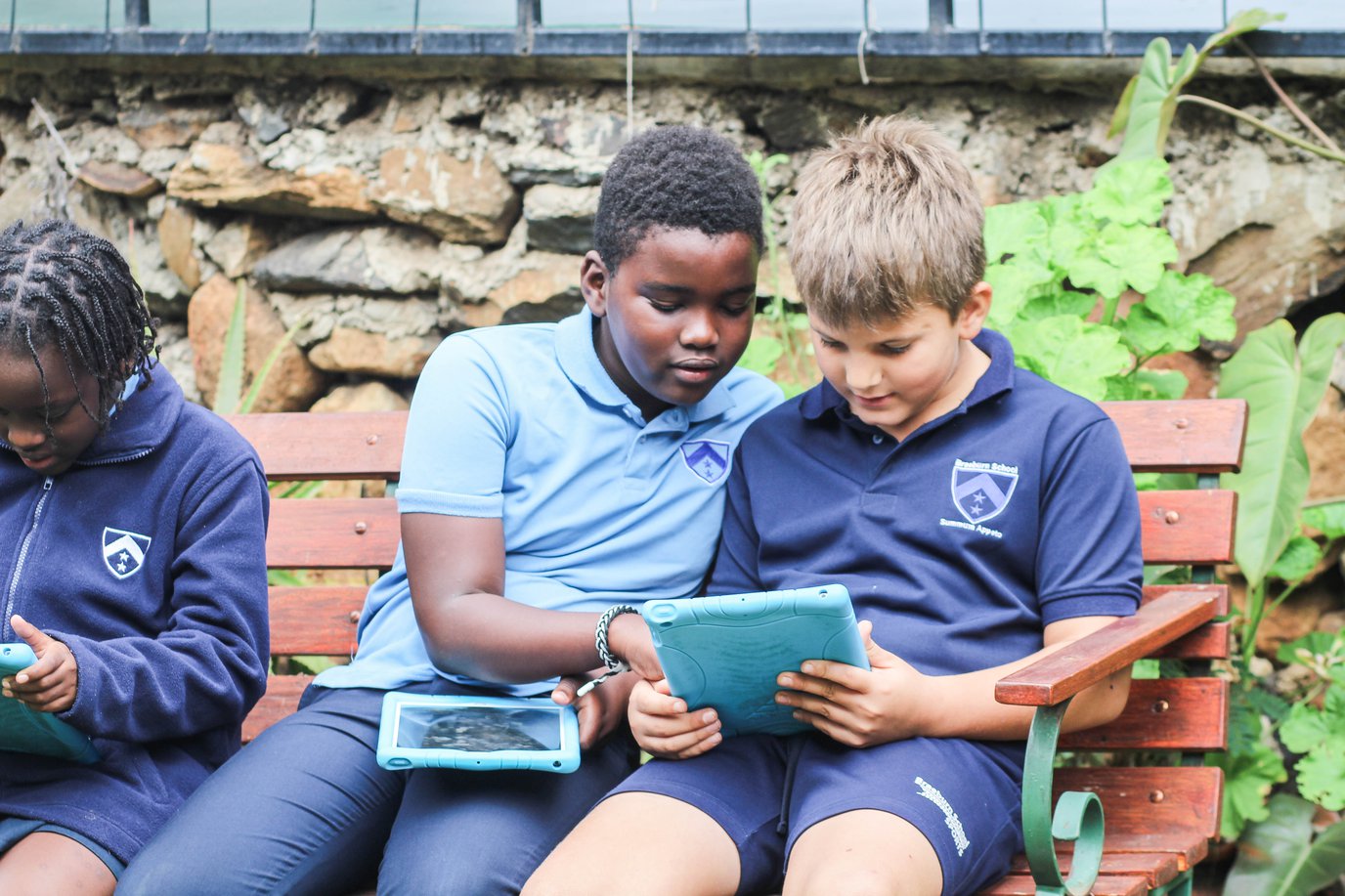
Upper Key Stage 2 (UKS2):
- "I can identify the benefits of the Internet and know how to look after my digital wellbeing."
- Focusing on the positive aspects of the internet and promoting digital wellbeing.
- "I know how to stay safe, healthy, and happy online and when I use digital technology."
- Holistic digital wellness is crucial, and this objective encompasses safety, health, and happiness online.
- "I know how to develop safe, respectful, and healthy online relationships and can recognise the signs of inappropriate and harmful online relationships."
- Building the skills needed for fostering positive online relationships while being aware of potential dangers.
- "I know how to use social media responsibly to protect the health, wellbeing, and rights of all."
- Preparing students to engage responsibly with social media platforms.
- "I know what online bullying is and what to do if I see or experience it to help make it stop."
- Addressing the critical issue of online bullying and empowering students to take action.
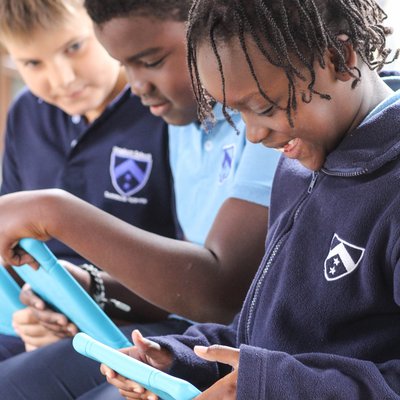
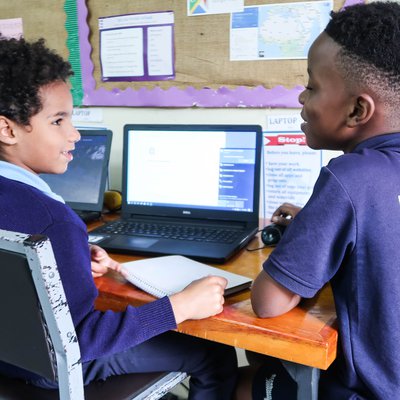
Parental Involvement: Fostering Digital Wellbeing Together
In today's digitally connected world, parental involvement in your child's digital education is more crucial than ever. Teaching digital wellbeing and online safety early in a child's life is not just a good idea—it's an absolute necessity. Here's why:
1. Open Communication: Encourage your child to share their online experiences, both positive and negative. Create an open space where they feel comfortable discussing any concerns. This communication bridge is essential because it allows you to guide them effectively and offer support when needed. Remember, a child who feels they can talk to you is more likely to seek your guidance when they face challenges online.
2. Set Boundaries: Establish clear rules about screen time, appropriate content, and online behavior. Consistency is key. Boundaries provide a sense of structure and safety for your child. They help children understand the limits and expectations surrounding their digital activities. These boundaries should evolve as your child grows and matures, adapting to their changing needs and abilities.
3. Teach Critical Thinking: Help your child develop critical thinking skills to evaluate online information and identify potential risks. Digital literacy is an essential 21st-century skill. By teaching your child how to assess the reliability of information they encounter online, you empower them to make informed decisions and avoid misinformation and scams.
4. Be a Role Model: Children often learn by observing. Show them how to use technology responsibly through your own actions. When they see you using digital devices mindfully, they are more likely to emulate your behaviour. Be conscious of your own screen time and online interactions, setting an example of responsible and respectful digital citizenship.
5. Stay Informed: Stay up-to-date with the latest apps, websites, and online trends to better understand your child's digital world. Children can quickly adapt to new technologies, and it's essential that parents keep pace. Understanding the platforms and tools your child uses allows you to engage in meaningful conversations and provide guidance when necessary.
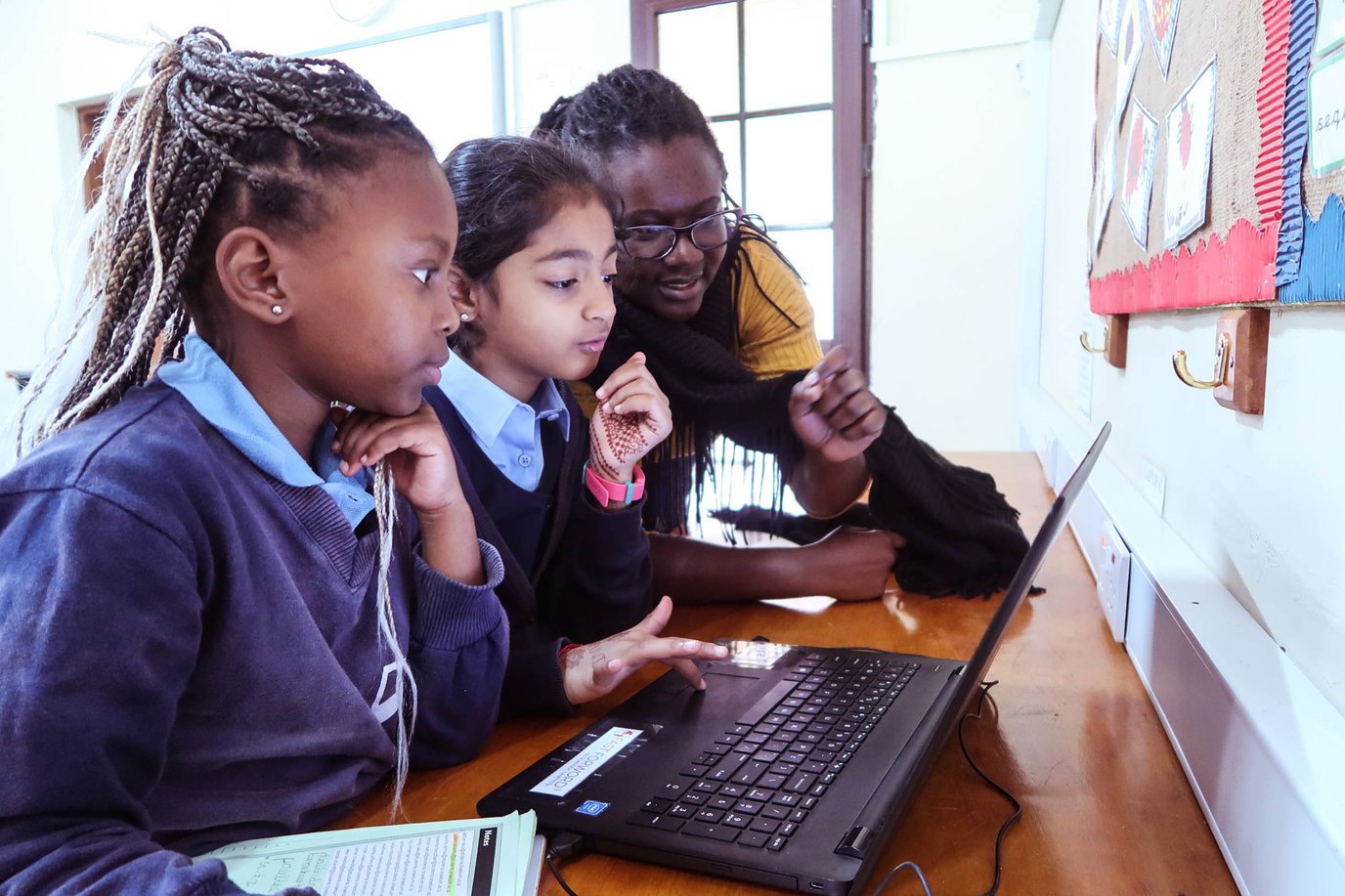
Why Early Learning Matters:
Teaching digital wellbeing and online safety from a young age is vital for several reasons:
1. Digital Natives: Children today are digital natives, growing up in a world where technology is an integral part of daily life. By introducing digital education early, we equip them with the skills they need to navigate this environment safely and responsibly.
2. Prevention over Reaction: Early education about online safety and digital wellbeing focuses on prevention rather than reaction. It helps children recognise potential risks and empowers them to make wise decisions independently, reducing the likelihood of encountering harmful situations.
3. Long-Term Habits: Habits formed in childhood often persist into adulthood. By instilling good digital habits early, you're setting the foundation for a lifetime of responsible and safe online behaviour.
4. Building Trust: Open discussions about digital topics create trust between parents and children. When children know they can turn to you for guidance, they are more likely to seek help if they encounter troubling online situations.
Teaching digital wellbeing to children early in life and involving parents in the process is crucial. It equips children with essential skills, fosters a safe digital environment, and strengthens the parent-child bond through open communication and shared learning. Together, as a school and a community of parents, we can empower our children to thrive in the digital age while staying safe and responsible online.







